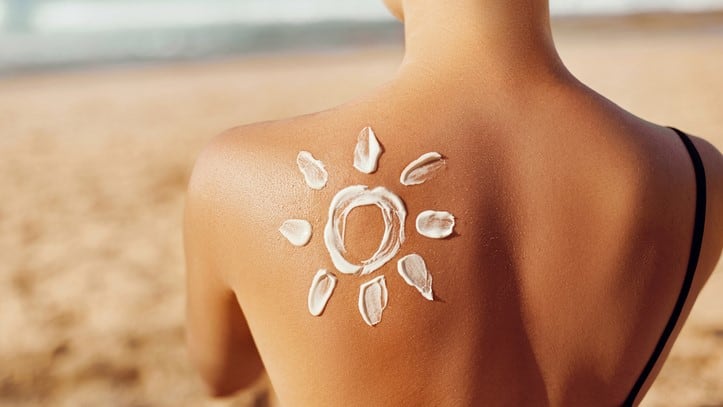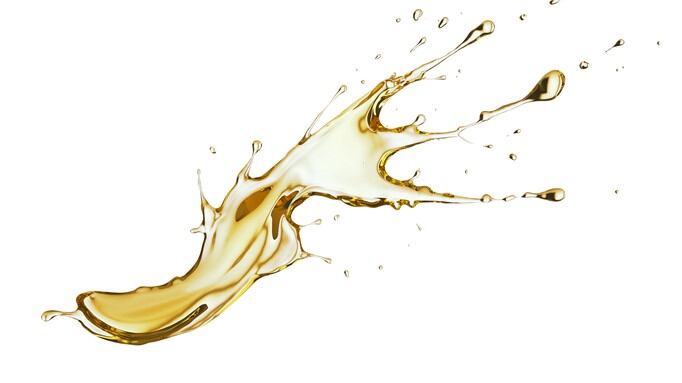The focus is part of the company’s strategy to strengthen its offerings by segment, said Yusuke Saito, DSM Director of personal care and aroma ingredients.
“We are a leader in skin care, and we have developed new ideas on the skin microbiome. For vitamins, we are already number one. In photo-protection, we are not number one so far, but we have a clear target to become number one.”
Most recently, the company launched Parsol ZX at in-cosmetics Asia 2019. The mineral UV-filter will be able to help cosmetic formulators develop more natural sun screens that are in line with the current consumer trends
Parsol ZX is the third sun screen product the company has launched in the last two years as part of its goal to reinforce its sun care portfolio.
Saito expressed that the company was dedicated to realising its goal to become a top player in the sun care category.
"For sun care, we are very strong in this market. We need to also expand, meaning that we really commit to investing in this market. This is really our commitment to the customer."
Saito said this meant that the company will use its resources to develop new ingredients and get the products registered in the respective countries, which usually costs a lot financially.
He added: “We will continue to invest in this segment and continuously keep developing new ingredients to prove our position in the sun care market and support the consumer to protect themselves better from UV damage.”
Sustainability in mind
Saito elaborated that this goal will also allow the company to play a role in protecting consumers from skin cancer.
“We say at DSM that we are a purpose-led company. One of the biggest concerns right now is skin cancer. Year by year, this disease is increasing. We have to deliver much better sun care to really help consumers protect themselves.”
Regional marketing lead for DSM personal care, APAC, Fabrice Guillemard, added that such a motivation is “embedded in the company’s global strategy to focus on sustainability.”
Currently, there are growing consumer concerns about microplastics in sun care and how it can affect marine life.
Guillemard explained that sometimes microplastics are used in sun care products to enhance the skin feel. As an alternative, the firm has seen great results with silica, which he noted was natural and harmless.
As a bonus, it also gives a light and silky touch to the formulation.
“Currently, the limitation of sun care formulations is that the consumers don’t like how greasy most of them feel, especially in hot and humid climates. As part of the action we can work on formulations with these kinds of ingredients that will give a naked-feel. Unconsciously, consumers may use more of the sun screen as a result, so they are well-protected,” said Guillemard.





